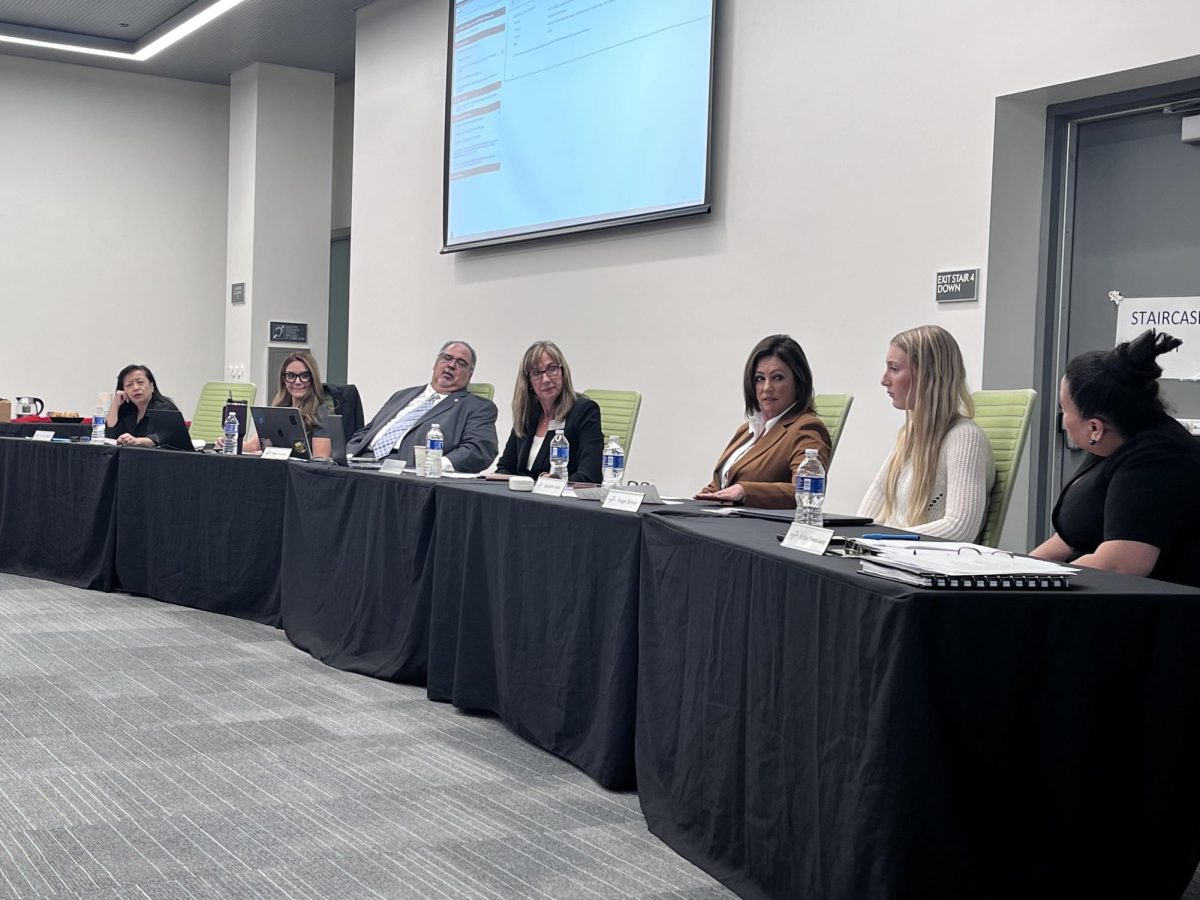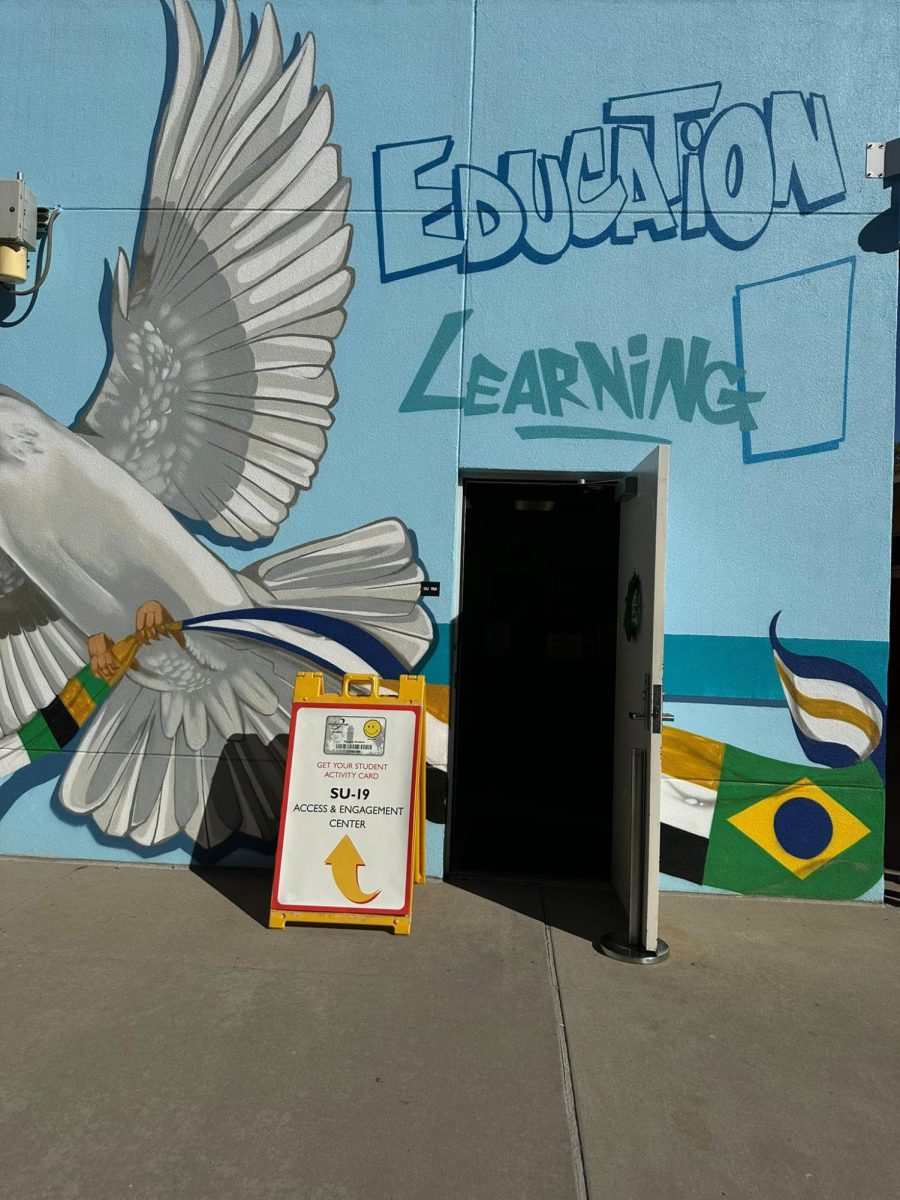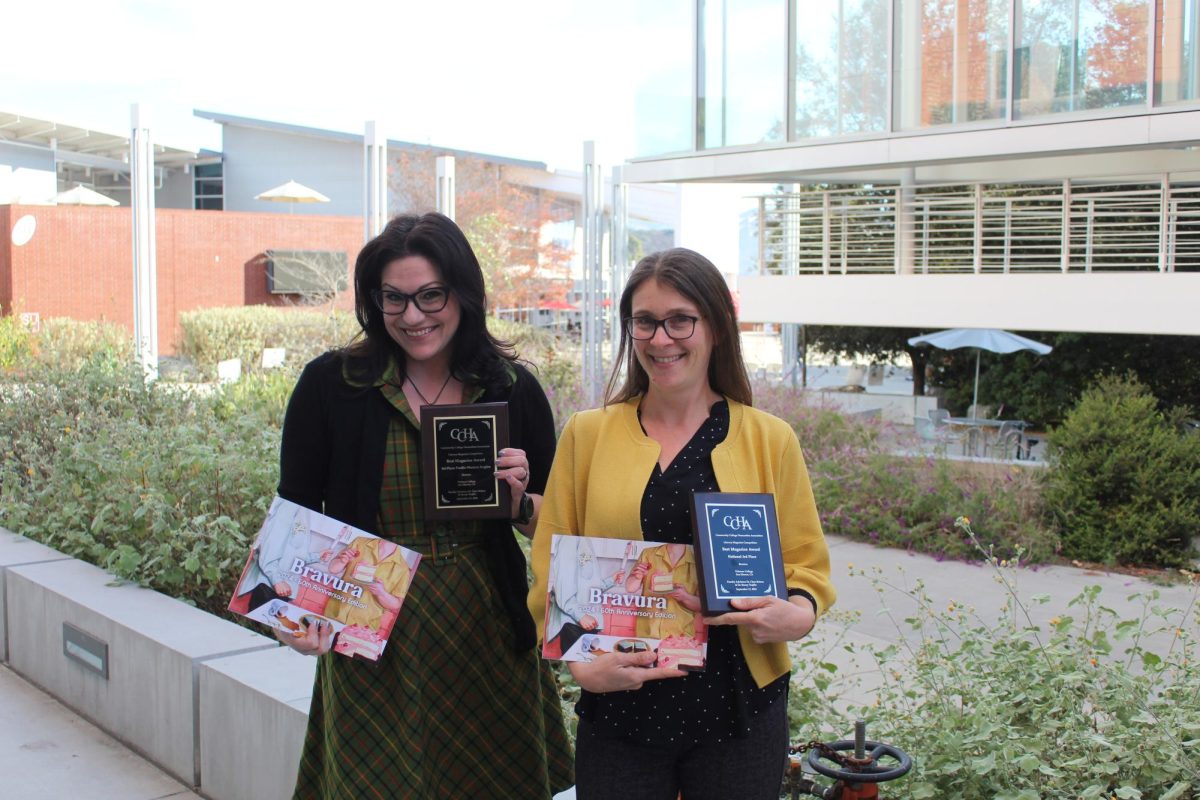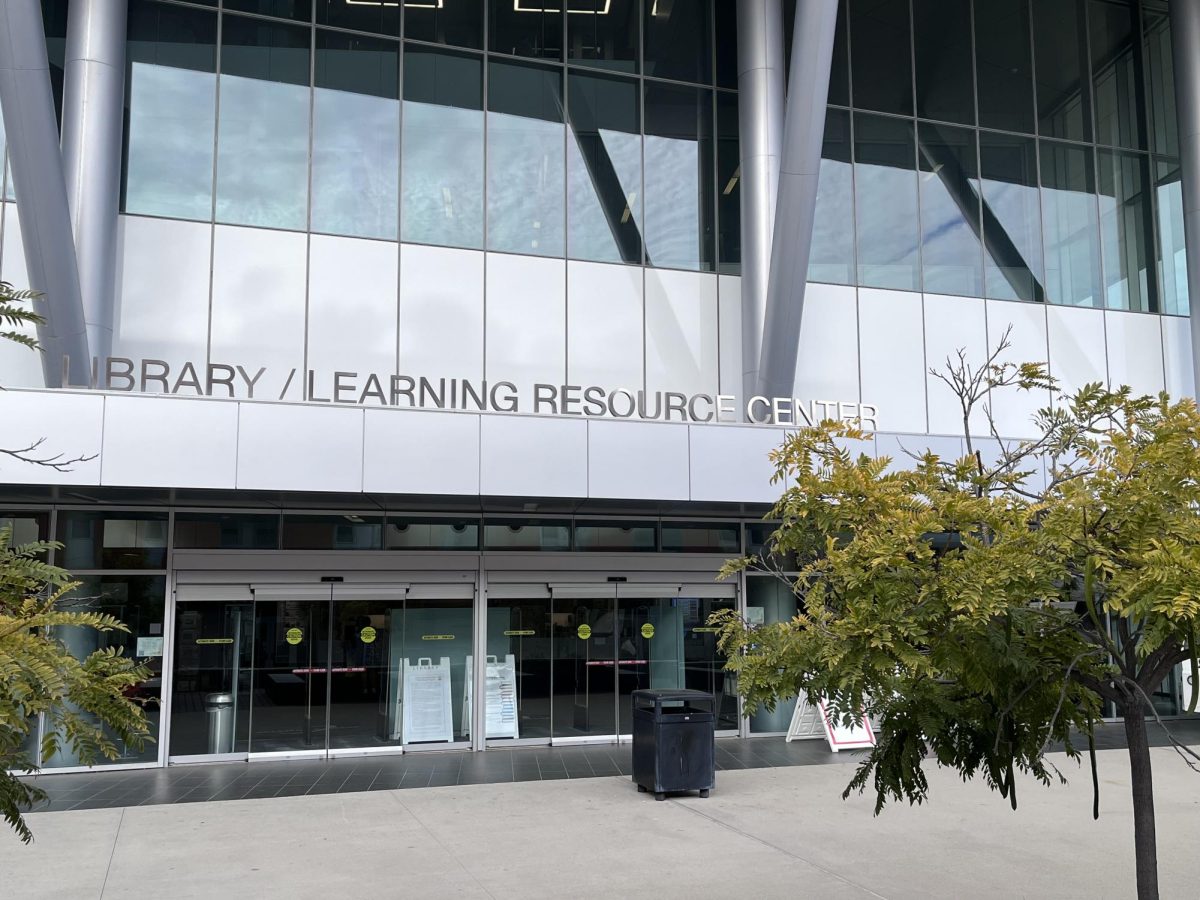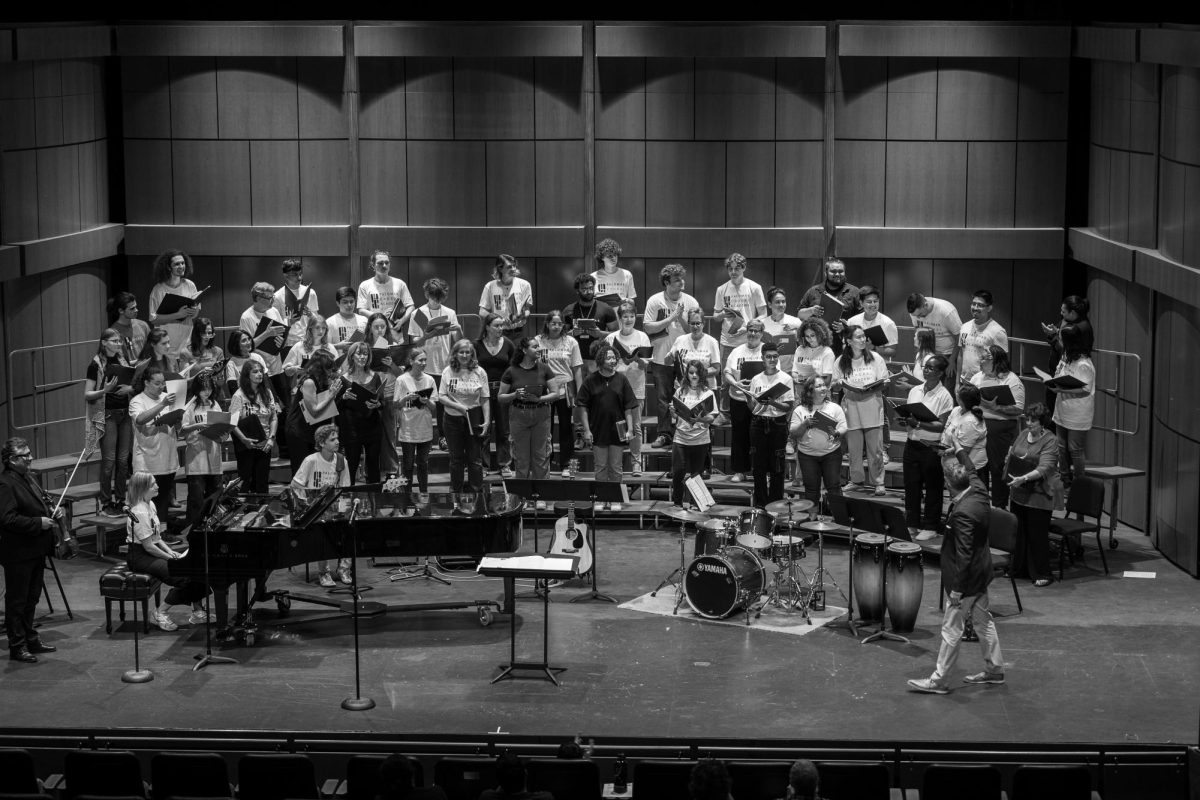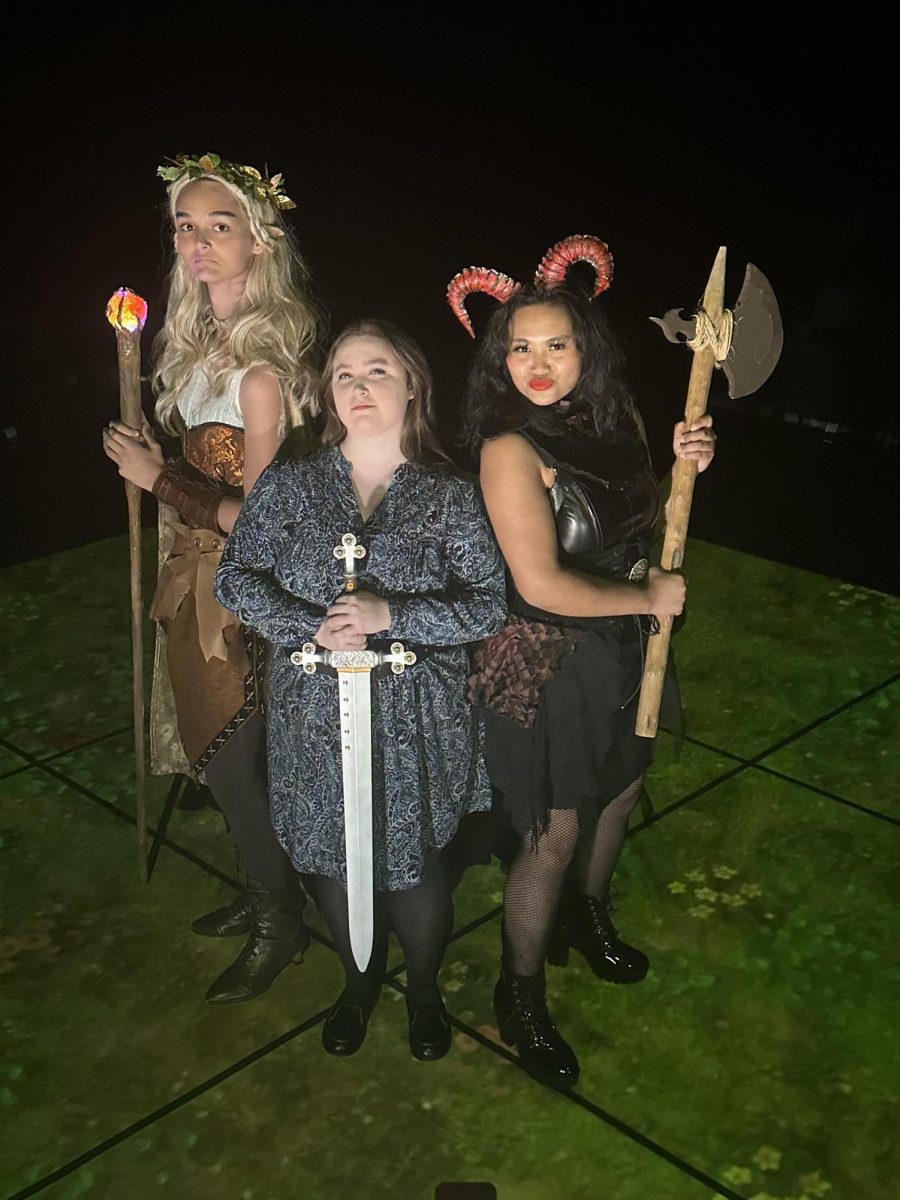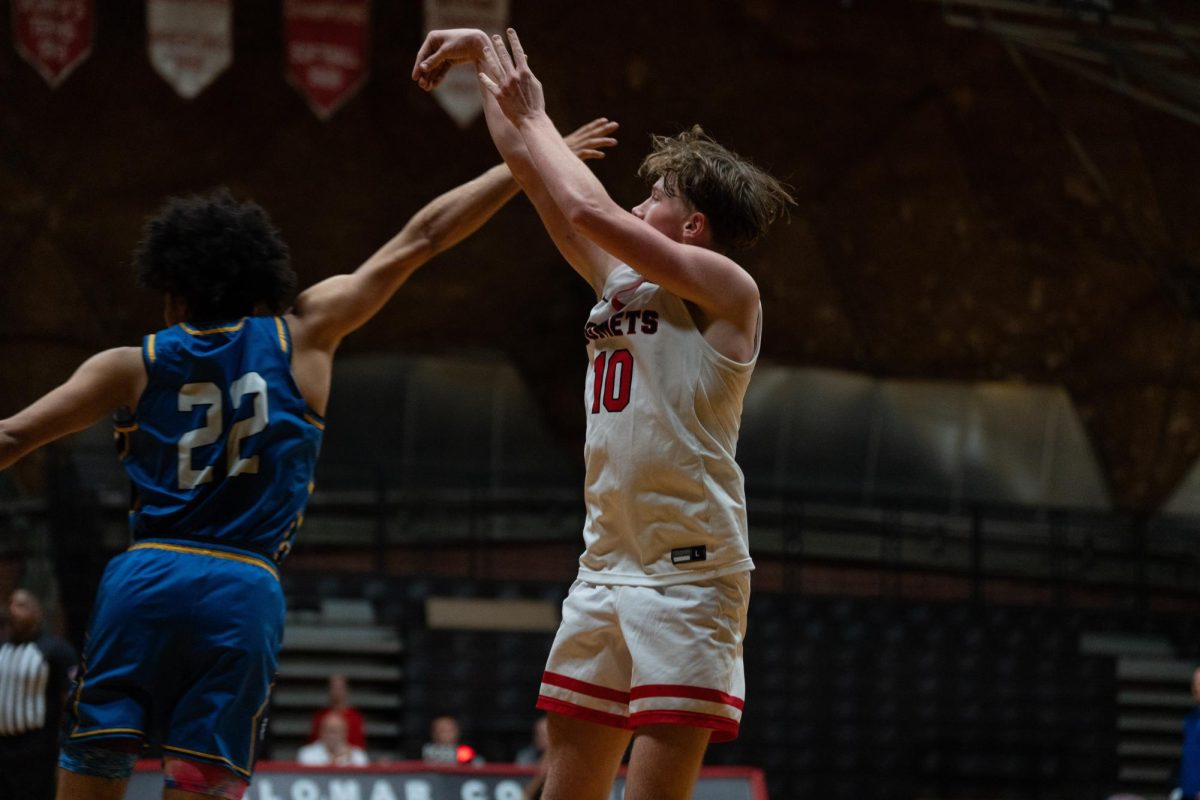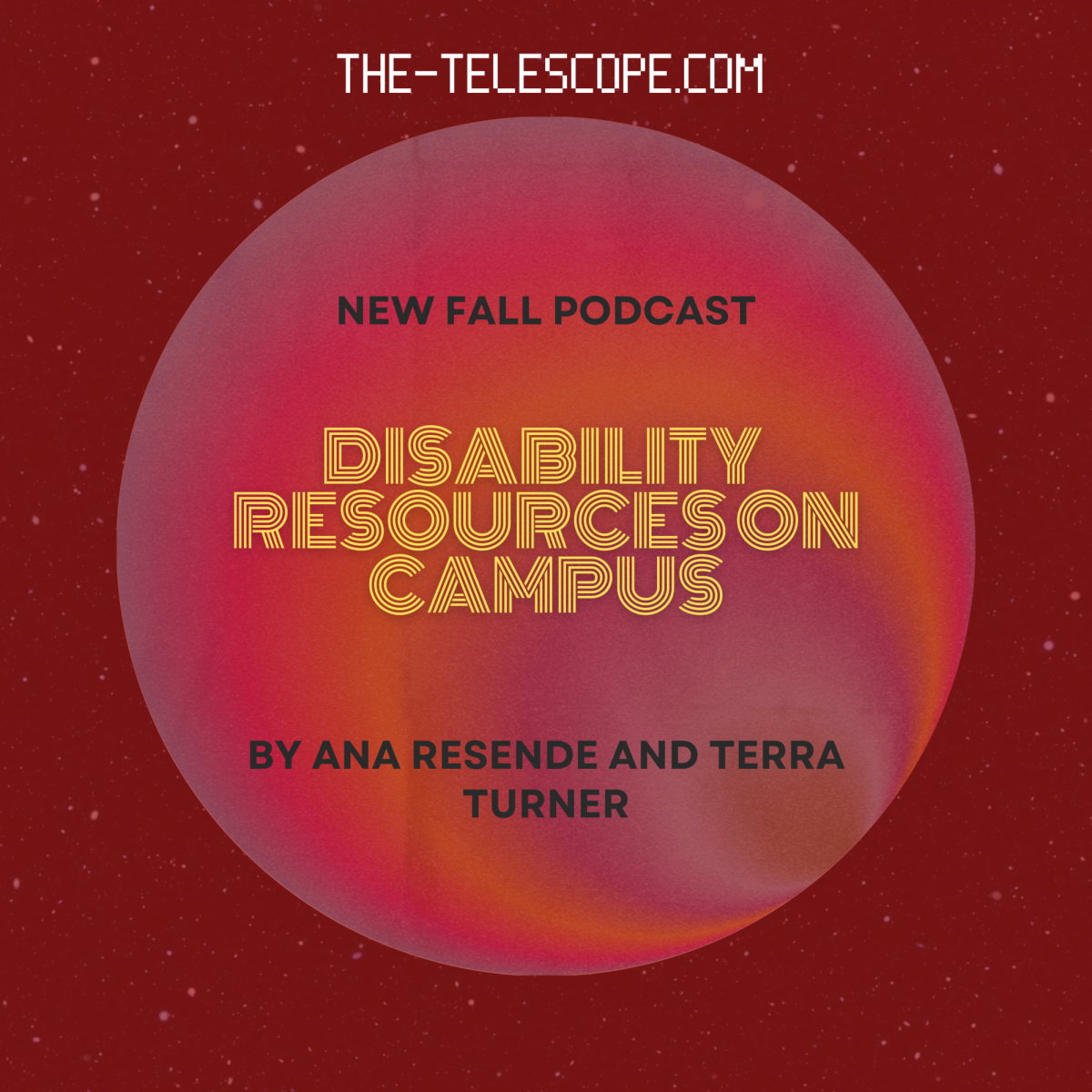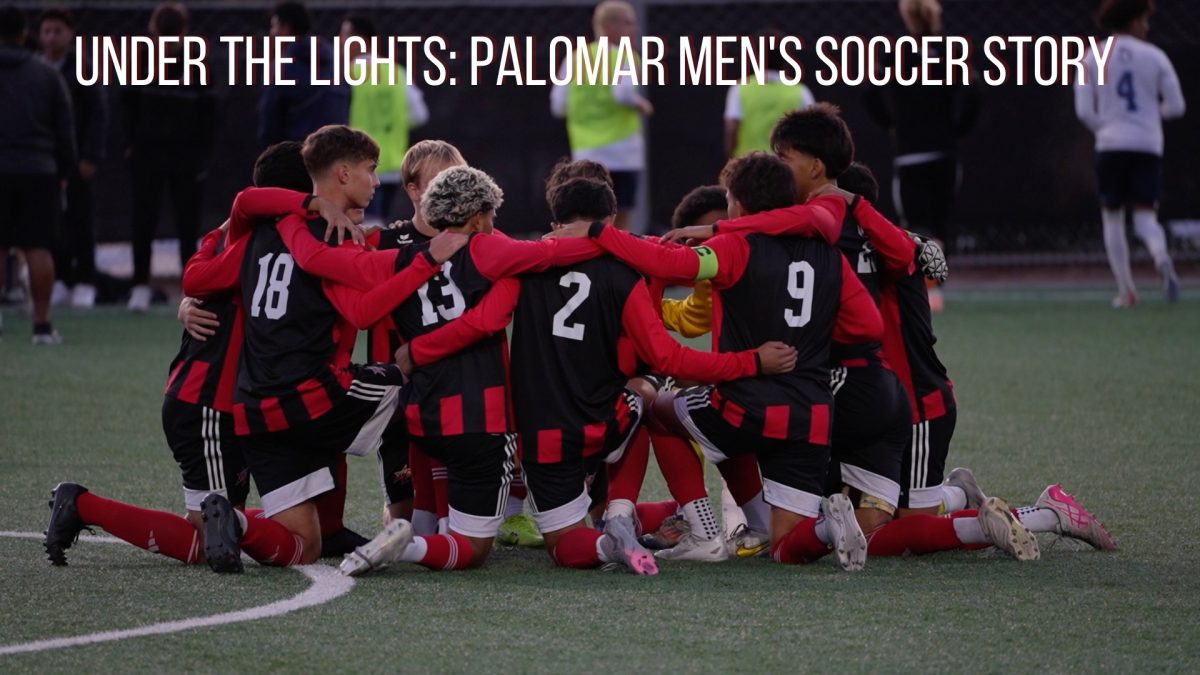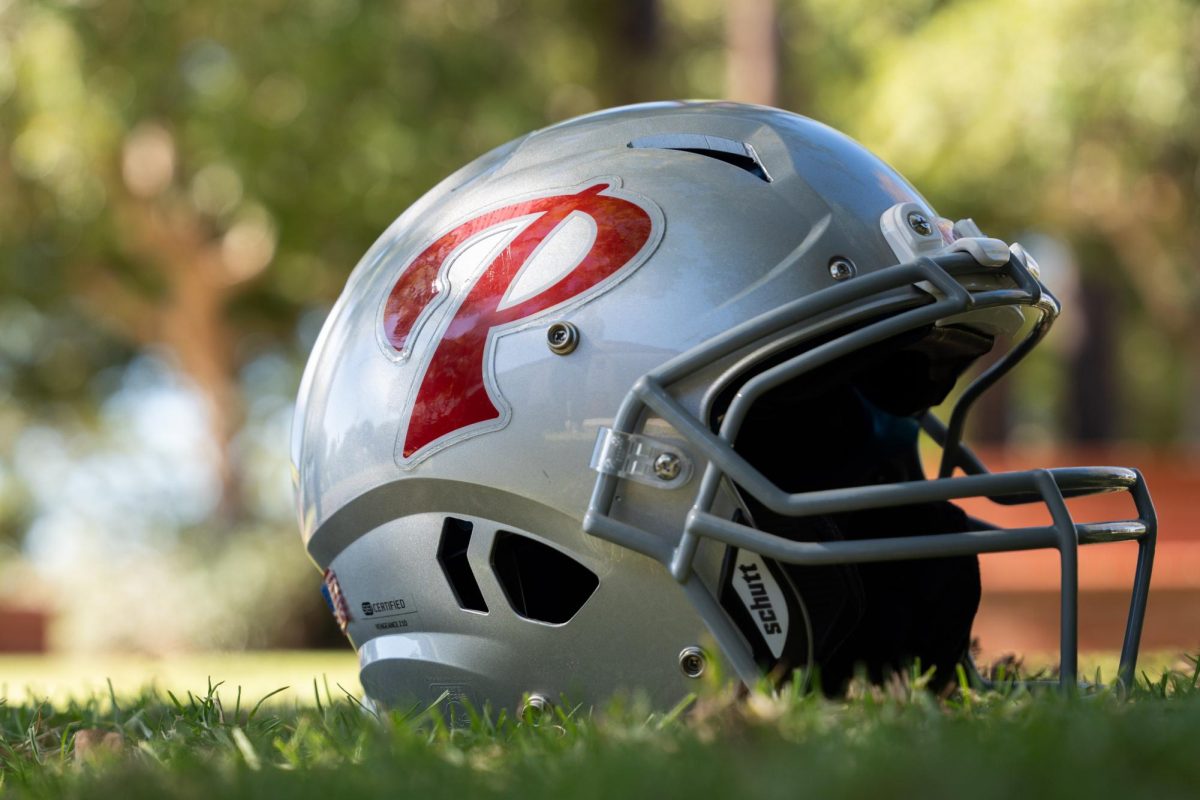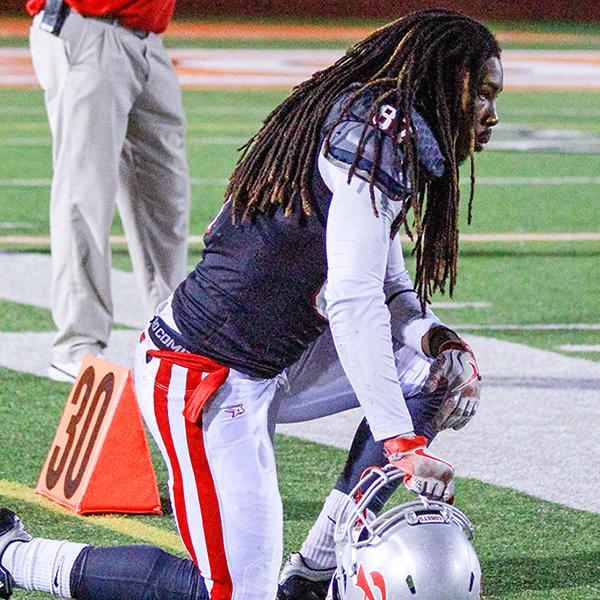Of the 93 junior colleges, often called JUCOs, with a football team in the nation, 75 of them are located in California.
Serving as a gateway for second chances, community colleges provide the opportunity for student athletes to use school as a means to take another shot at their goals.
Twenty-one Palomar Comet football players on the roster are out-of-state students.
The Comets wide receiver, Avery Harris, moved from Orlando, Florida in August to play football here in California. Although Florida does contain junior colleges, they do not accommodate any sports programs. Many athletes, who don’t take the four-year university route, will find themselves traveling up North, or the West Coast for junior colleges. Three of Harris’ friends from Florida moved to California to play at Palomar College, and encouraged Harris to join them as well. Harris traveled 2,500 miles to pursue his dreams in California.
Several JUCO athletes face continuous obstacles and trials in terms of living accommodations and conditions.
“It’s hard, you come out here…you’re not on scholarship…I was homeless for about a month and a half…a lot of the times you go to your teammates house to sleep there, or the coaches house…it goes by a day-by-day basis, we don’t know where we’re sleeping at,” Harris said.
Basketball player, Corday Fairley moved from Dallas, to attend and play basketball at Palomar College, conscious and fully aware of the sacrifices he would have to make.
“I got a call from coach he asked me if I wanted to play…with the team and I was like yeah I’m down with it… he said that JUCO sports around here, not all give out scholarships, so that was kind of a sacrifice,”Fairley said, “Before I came here, it was really hard to find a place to live as for having a roommate, where exactly I’m going stay.”

Prior to his move, Fairley’s head coach suggested he room with one of his teammates who was also from out-of-state, sharing a similarity.
“…I kind of got my stuff last minute. It was hard. I get homesick every once in a while,” said Fairley.
JUCO athletes are full-time students, and are required to sacrifice their time, which limits their schedule from being able to pick up a job on the side.
“It’s hard to get a job…practice is from 1-5, Monday through Friday mandatory, can’t have classes between that time or else you’re not gonna play on Saturday,” Harris said.
The athletes know what they’re in for when they make the commitment to take the JUCO route, counting the cost of the necessary sacrifices, but they see the bigger picture. For many athletes, their future is on the line.
“A lot of times football is our way… sometimes it’s all we have, we don’t have anything else…I know this is all I have,” Harris said. “Everyone wants to be D1, me, I want to get my degree too. …nobody in my family went to college.”
Community college is used as a means to reach their goal, to get a second shot at an opportunity to eventually receive a scholarship to a university to play their sport at the next level. Fairley attended Grambling State University in Louisiana but returned home for a semester. He was not playing on scholarship, meaning he was paying full tuition. “…So I came here…I knew this would be a chance to get a scholarship to get to a university.”
“I’ve been struggling my whole life…but it definitely taught me…independency…like it’s hard and a lot of people go back…but…a lot of people can’t handle that. If you’re coming out here from that type of distance, you know what you’re in for…if you want to chase your dream, there’s going to be struggle that come with it,” Harris said.
Both Harris and Fairley hope that their sacrifices and time spent at Palomar College will pay off, and that they’ll receive scholarship offers to play at the next level.
Harris said, “At the end of the day…you’re chasing yours, it’s your dream, you gonna have to get it, no one’s gonna hand it to you.”

